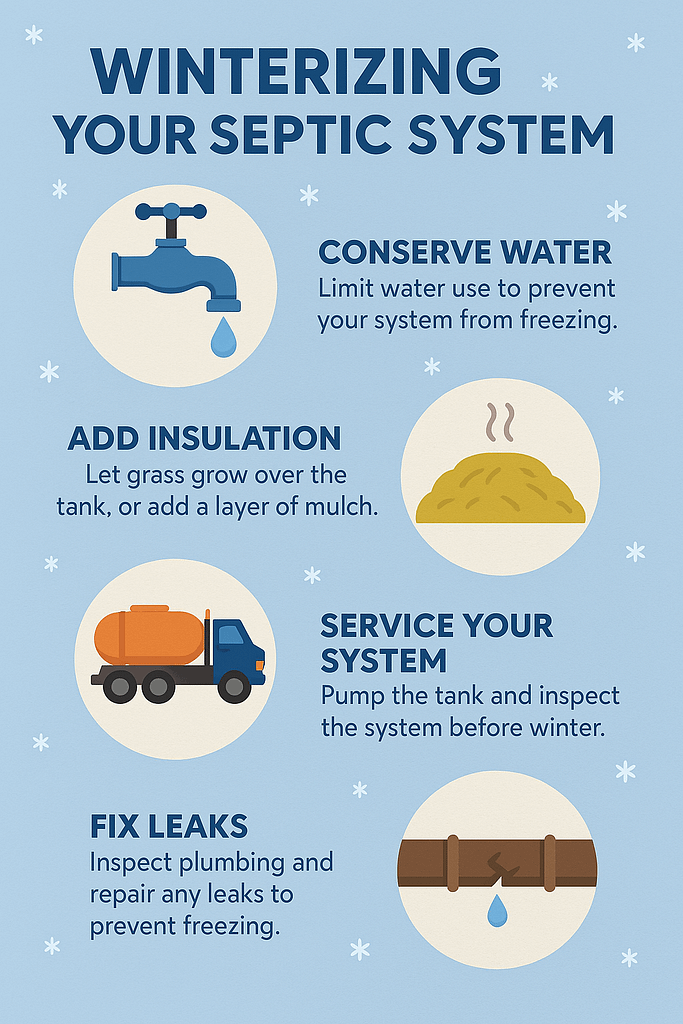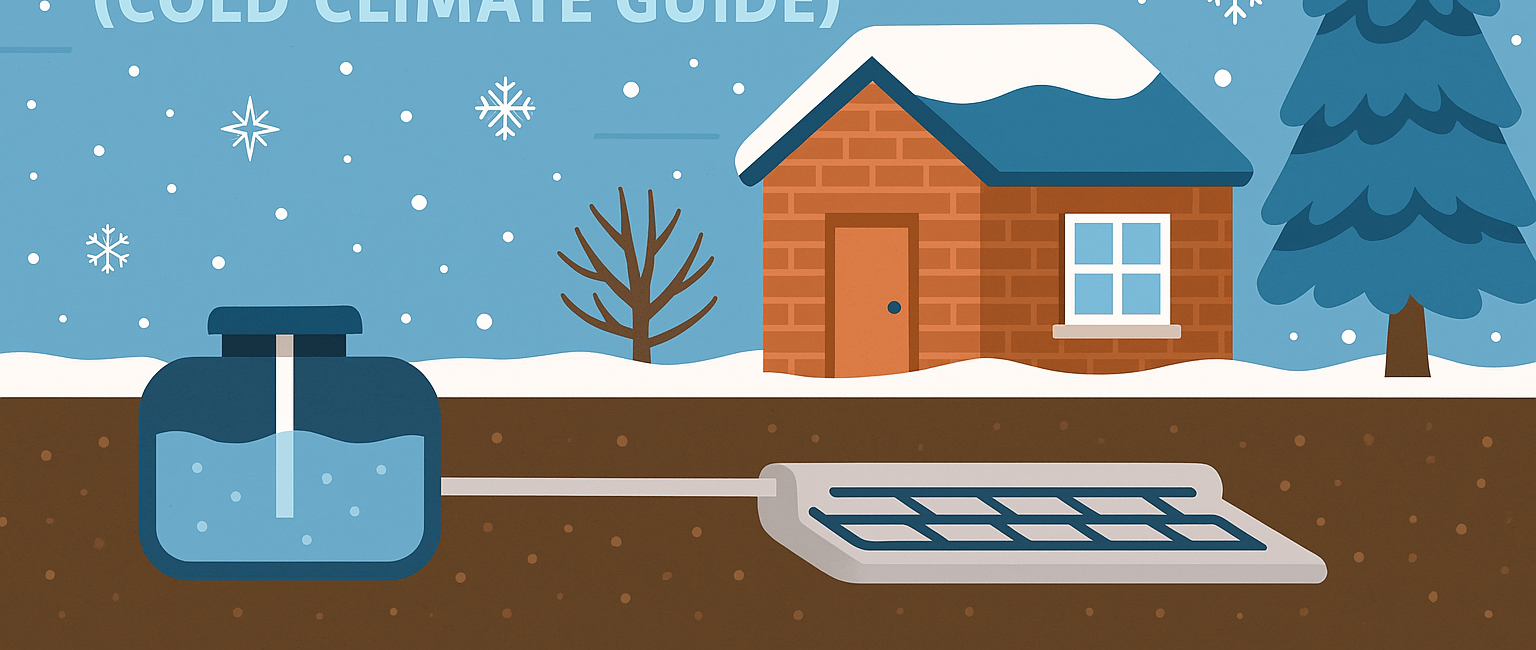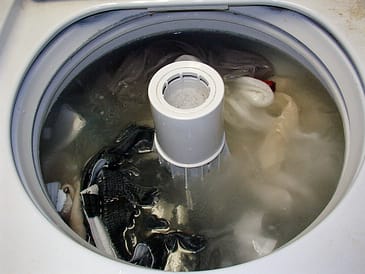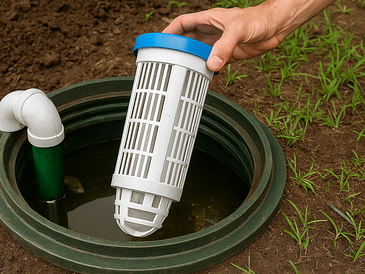If you live in a region with freezing temperatures, your septic system is at risk during the winter months. Frozen pipes, clogged lines, and even system failure can happen without the right preparation.
Fortunately, winterizing your septic system is easy when you know what to do.
Why Winterizing Your Septic System Matters
Cold temperatures can freeze the water in pipes, tanks, or the drain field, leading to blockages or damage. Frozen septic systems can result in:
- Wastewater backups into your home
- Cracked pipes and components
- Costly emergency repairs
Infographic on Winterizing Your Septic System

How to Winterize Your Septic System
✅ 1. Insulate the Tank and Pipes
Use foam insulation, hay bales, or even a thick layer of mulch over the tank and exposed pipes to help trap ground heat.
✅ 2. Keep the System in Use
Regular use helps keep warm water flowing through the system. If you’re a snowbird leaving for the season, have the tank pumped and reduce all water use.
✅ 3. Fix Leaky Fixtures
Drips and trickles can cause slow water movement, which is more likely to freeze in pipes or the system.
✅ 4. Divert Surface Water
Make sure gutters, downspouts, and melting snow runoff are directed away from the tank and drain field to prevent oversaturation and freezing.
✅ 5. Don’t Compact the Soil
Keep vehicles and heavy equipment off the drain field. Compacted soil loses insulating air pockets and freezes faster.
✅ 6. Know Where the Access Lids Are
Mark them before the snow falls so your septic service provider can easily find them in an emergency.
Planning to Leave for the Winter?
If you’re closing up a home for the season:
- Pump the tank to avoid freeze-ups
- Turn off the water supply and drain the lines
- Seal or insulate exposed vent pipes
- Consider adding septic-safe antifreeze to drain traps
Warning Signs of a Frozen Septic System
- Gurgling or bubbling sounds
- Slow or stopped drains
- Odors inside the home or near the tank
- Sewage backup
If you suspect a frozen pipe or tank, call a licensed septic professional immediately. Never try to thaw it yourself with flame or heat tools.
Final Thoughts
Winterizing your septic system is a small effort that can save you major headaches and expensive repairs. A little prep in the fall can help your system survive even the harshest winters.
Already dealing with backups or slow drains? Learn the signs your septic tank is full so you can act before it freezes.





